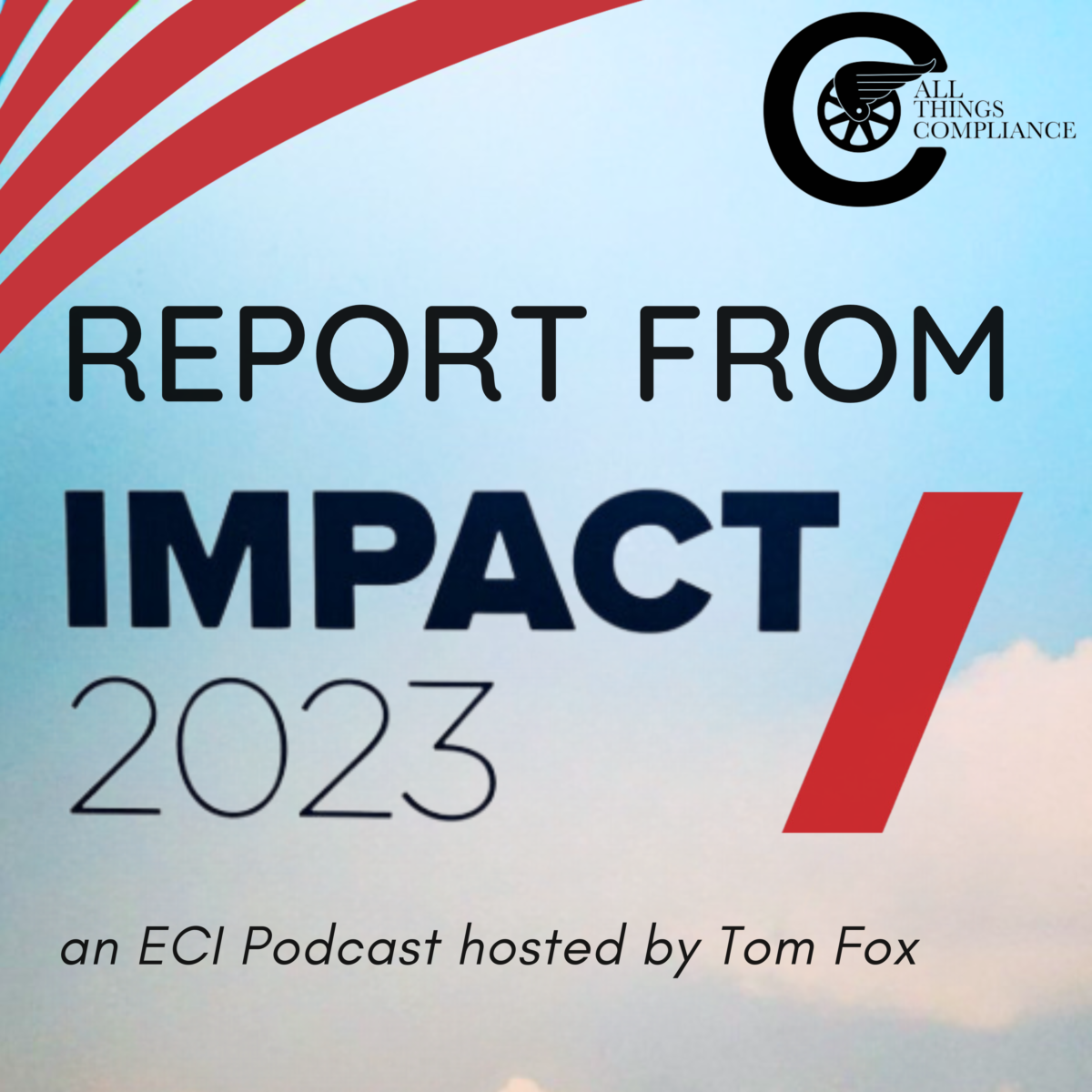Suppose there is one thing I have learned from working with Carsten Tams, an ethical business architect and founder and chief executive officer (CEO) of Emagence LLC. In that case, employee engagement is one of the very top keys to a successful compliance program. Tams and I explored this topic in the popular Design Thinking in Compliance podcast series. It also appears that engagement can lead to excellent business resiliency based on an article in the MIT Sloan Management Review, entitled The Top 10 Findings on Resilience and Engagement, by Marcus Buckingham. Covid 19 and the Russian invasion of Ukraine changed business forever, making business resiliency a key trait for any business, corporate function, and especially a Chief Compliance Officer (CCO) or compliance professional. That last arena is where engagement is so critical.
The author defined resilience as “the capacity of an individual to withstand, bounce back from, and work through challenging circumstances or events.” However, it is also a “reactive capacity, describing how people will respond when challenges arise.” Conversely, engagement was seen as a proactive state of mind. The authors defined the criteria by making such inquiries “as how clear their expectations were, whether they got to use their strengths every day, whether they felt they would be recognized for doing excellent work, and whether someone at work was encouraging them to grow.” Yet, the most exciting part is the dichotomy between reactive and proactive. It is a bit like the difference in prevention and detection in a compliance program. The former is preferred to stop illegal or unethical conduct, so you do not have to detect it.
Not surprisingly, trust is the number one factor in both engagement and resilience. Astoundingly, the author found that “employees who said they completely trust their team leader were 14 times more likely to be fully engaged.” Moreover, those employees who completely trusted their colleagues, team leader, and senior leaders “were 42 times more likely to be highly resilient.” The reason should seem obvious as it is undoubtedly “easier to engage in our best work when we don’t have to expend mental resources looking over our shoulders or protecting ourselves against dysfunctional workplace practices that erode trust, like bullying or micromanaging. When it comes to building engagement and resilience, trust is everything.” [emphasis added throughout]
Teamwork is also a key factor. Although this is not something I have experienced over the past 12 years of working alone, the author found, “Those who said they are on a team were 2.6 times more likely to be fully engaged and 2.7 times more likely to be highly resilient than those who didn’t identify as team members. For millennia, humans have experienced psychological well-being only when they feel connected to and supported by a small group of people around them.” When the pandemic hit, working from home (WFH) was not new to me as I had been doing it since 2010, but even in the WFH or Hybrid Work era, most employees need to feel like they are part of a team.
However, being or even feeling like you are a part of a team is a state of mind, not a state of place. I always feel engaged with my blog posts, article readers, podcast listeners, and the greater compliance community. Based on that experience, I agree with the author’s statement that “engagement and resilience are about who you work with, not where you’re working.” Moreover, he noted, “virtual workers are both more engaged and resilient than those physically in an office or shared workspace … In 2020, well into the pandemic, 20% of virtual workers were fully engaged, and 18% were highly resilient—a stark contrast to the 11% of fully engaged and 9% of highly resilient office-based workers during the same period. How the work is done and with whom people work are important, but organizations can stop worrying about whether virtual work is detrimental to teamwork.” Even more than teamwork, it is about having relationships with your co-workers. The author stated, “Relationships boost resilience. Women are not more resilient than men, or vice versa … This data strongly suggests that it is much harder to summon and sustain one’s resilience when going through life alone.”
I can certainly attest that the unknown is more terrifying than change. The author found that employees “who reported five or more changes at work were 13 times more likely to be highly resilient. This suggests that we humans fear the unknown more than we fear change. Company leaders shouldn’t rush employees back to normalcy when so much of the danger inherent in this current ‘normalcy’ remains unknown and unknowable. Instead, leaders should tell their teams specifically what changes they are making to their work and why to increase their overall level of resilience.”
These findings suggest that every CCO and compliance professional must work to lessen or dissolve the disconnect between senior leadership and front-line workers. Your front-line business folks will make or break your compliance program. Getting your senior management more engaged will create and establish the trust that your employees will need to show resilience in the face of the following major business location, whether a pandemic or military invasion. Giving employees needed clarity and specificity from leaders, not sugarcoated enthusiasm, will help drive this trust. The author ended this concept by stating, “Leaders need to see their employees not as ‘labor’ but as the messy, complex, emotional beings they are—dealing with real-world human challenges, just like they are. The more leaders can infuse these findings in their organizations’ policies and practices, the more likely we will all be to flourish, both during these difficult times and beyond.”







